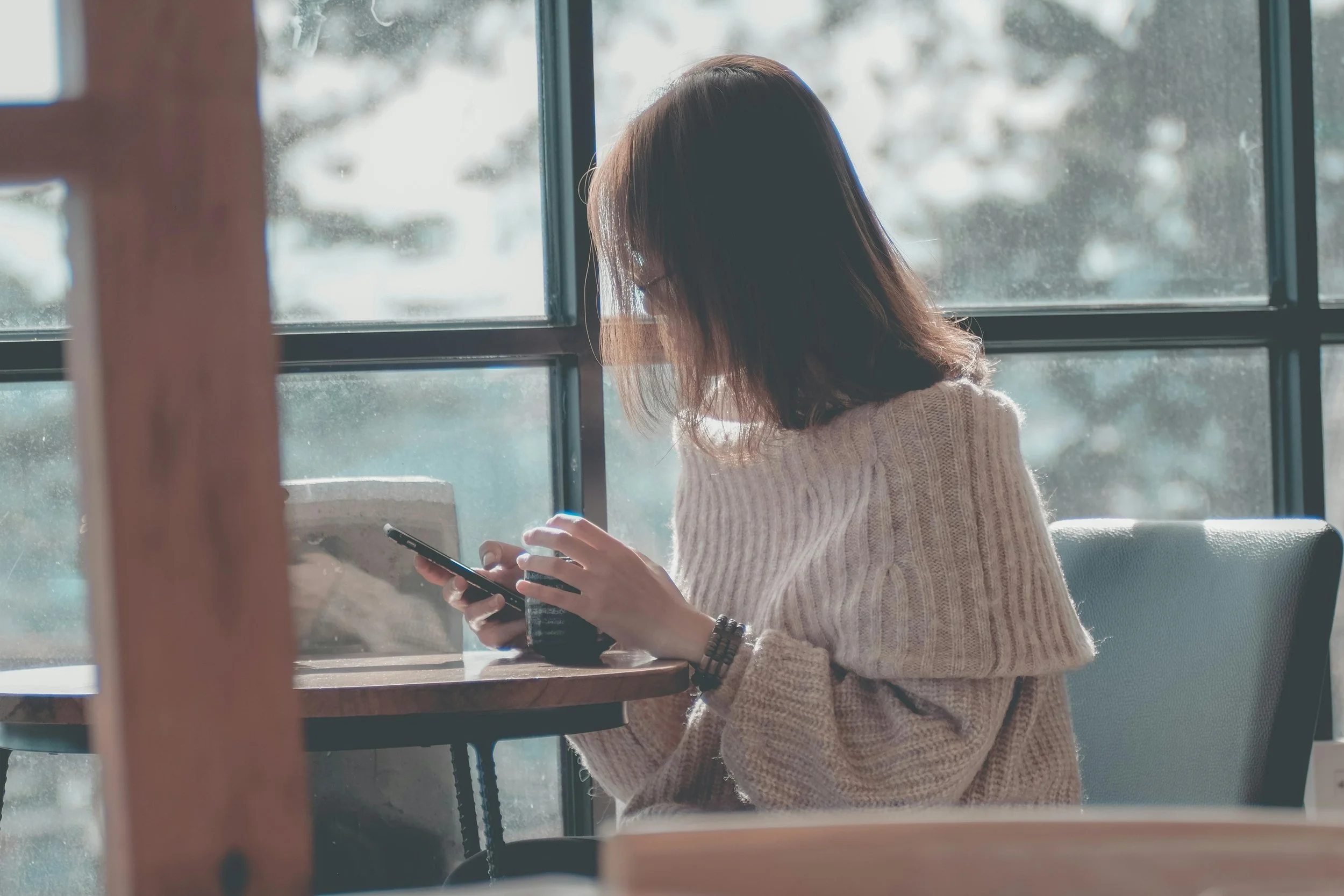When Your Child Becomes “One of Those Kids”
When I first learned my loved one was using, I made the phone calls that needed to be made. I believed 28 or 30 days in the right place would fix things. He would come home, go back to school, and we would manage it together.
On those calls, I asked about the other patients. What kind of kids would be there? My loved one had been smoking weed and drinking. In my mind, he was self-medicating anxiety and depression. I did not want him exposed to people who used hardcore drugs. I needed to know he would be safe from those kids.
I asked because I was terrified. Because if I could keep him separate from the kids who used harder drugs, maybe his situation was different. Maybe it was not as serious. Maybe we had caught it in time.
That treatment did not work, nor did the next. I kept searching for the right program, convinced that somewhere was the place that would make this stop.
Six months later, I was living in a different reality. He was sneaking out. Going to places I knew were dangerous. Using hard drugs. Some nights he was missing. Things went missing from the house. Money. Credit card charges I did not notice at first, then ones I could not ignore.
I am in recovery myself. I have sat in rooms with other alcoholics and addicts for years. And still, I had drawn lines. Weed and alcohol on one side. Hard drugs on the other. My loved one was here. Those other kids were there. I needed that distance because without it, I had to face how serious this actually was.
But substance use disorder does not stay contained. It progresses. And the boundaries we create to protect ourselves from the full weight of it do not hold.
Sometimes I sit with the young men at Woodhaven and ask them a question. I tell them I was a drinker. Does that mean my addiction was less than theirs? Does their use of harder drugs mean their powerlessness is stronger than mine?
They always know the answer. It is not the substance. It is the powerlessness and unmanageability. That is what connects us.
If you are making those same phone calls, asking those same questions, I understand. You are trying to protect your child. You are looking for hope in the differences. You need to believe this is manageable.
I needed that too.
What I know now is that the categories do not protect us. They isolate us. From other families who understand. From the truth about what our kids are facing. From the help that actually exists when we stop trying to make this something it is not.
We already feel different from the families in our communities. We do not need to divide ourselves further. We need each other.
Your child is one of those kids. So is mine. And that is not something to be ashamed of. It is just the truth that allows us to stop fighting alone and start finding our way through this together.
